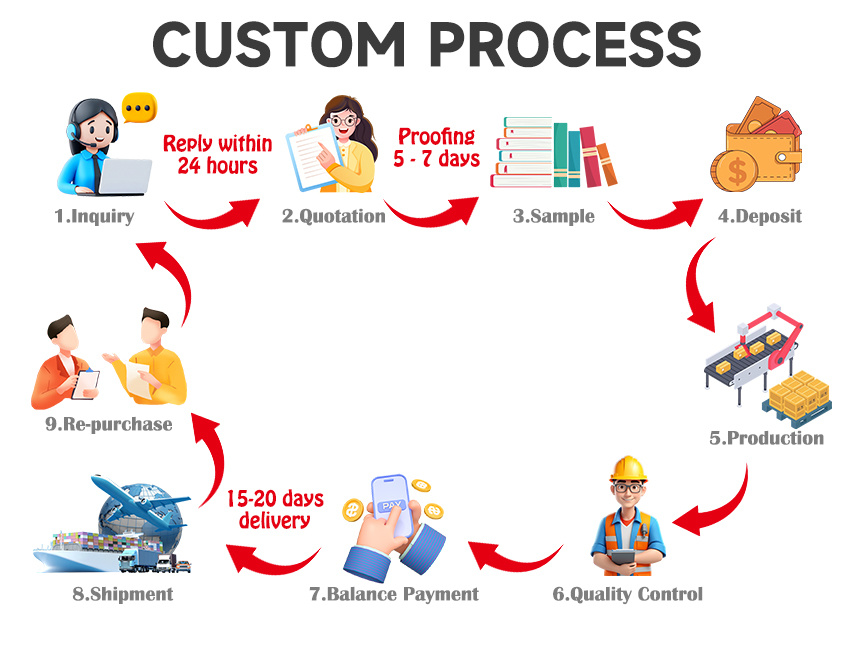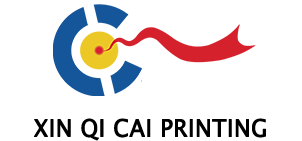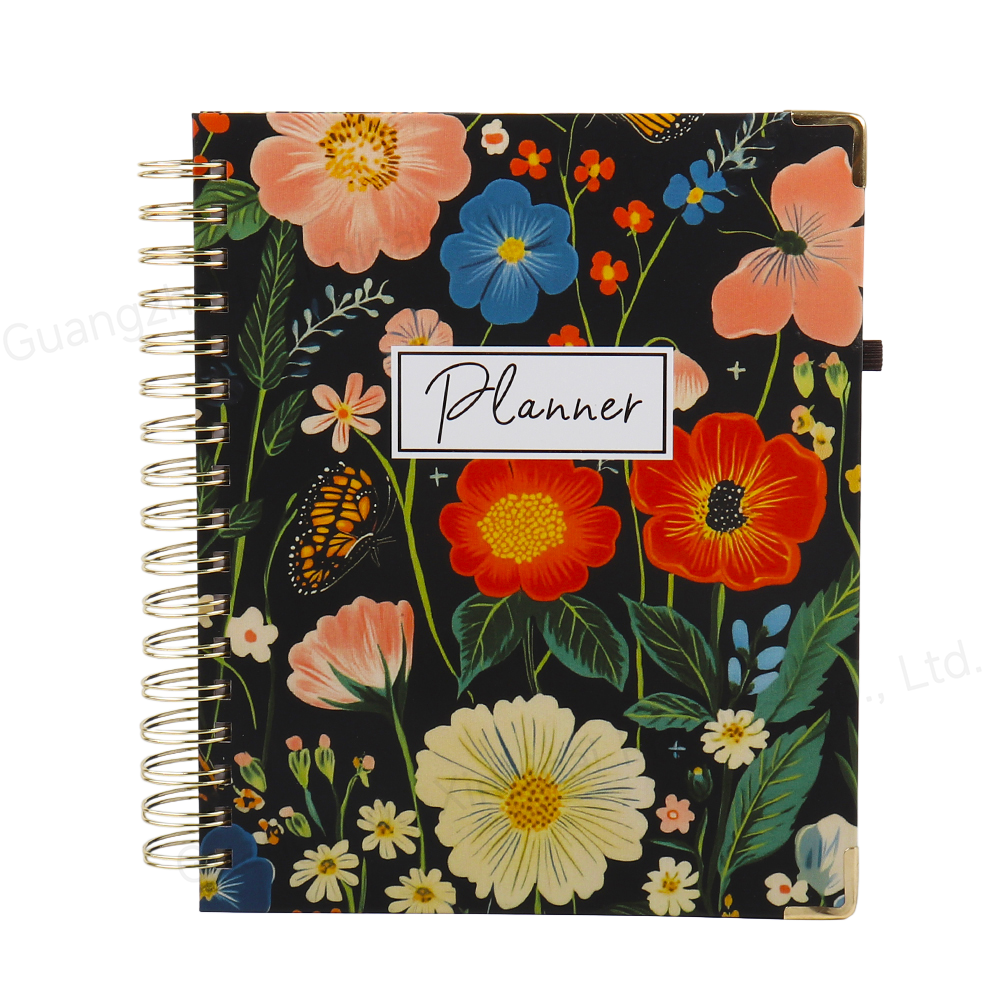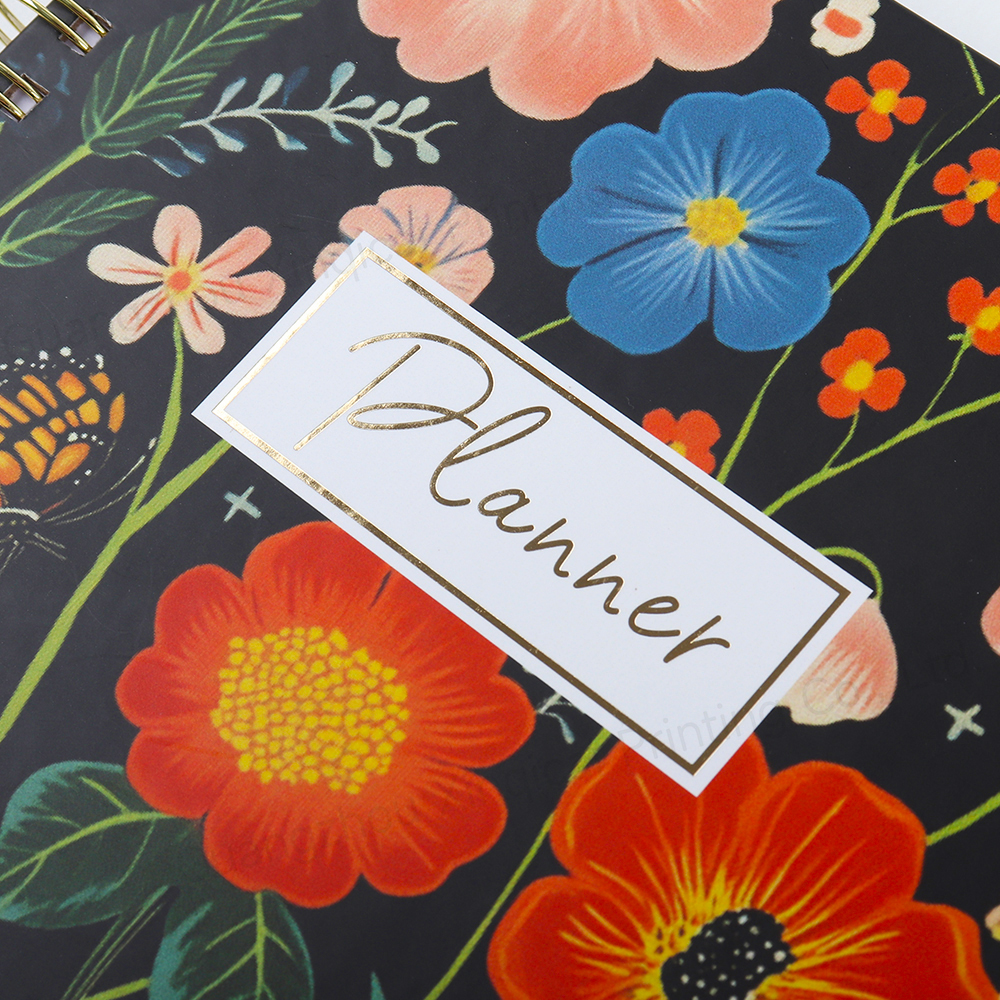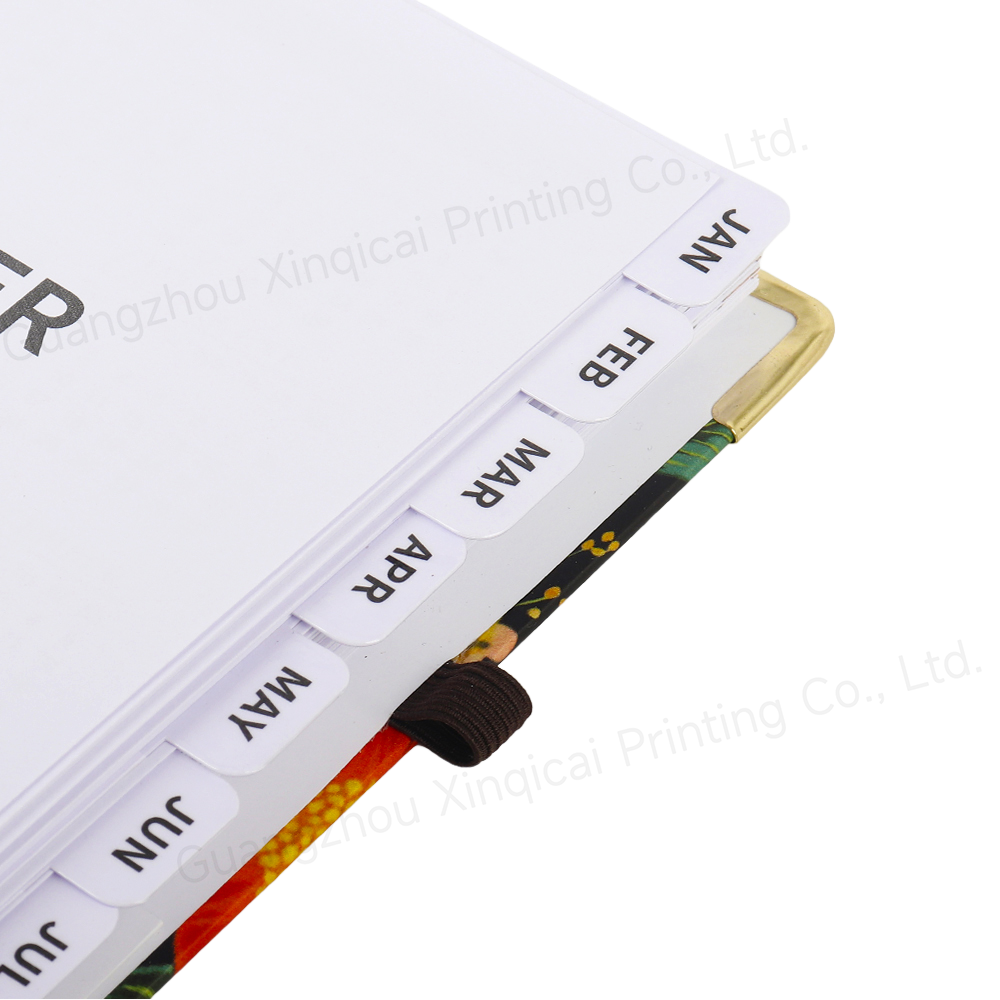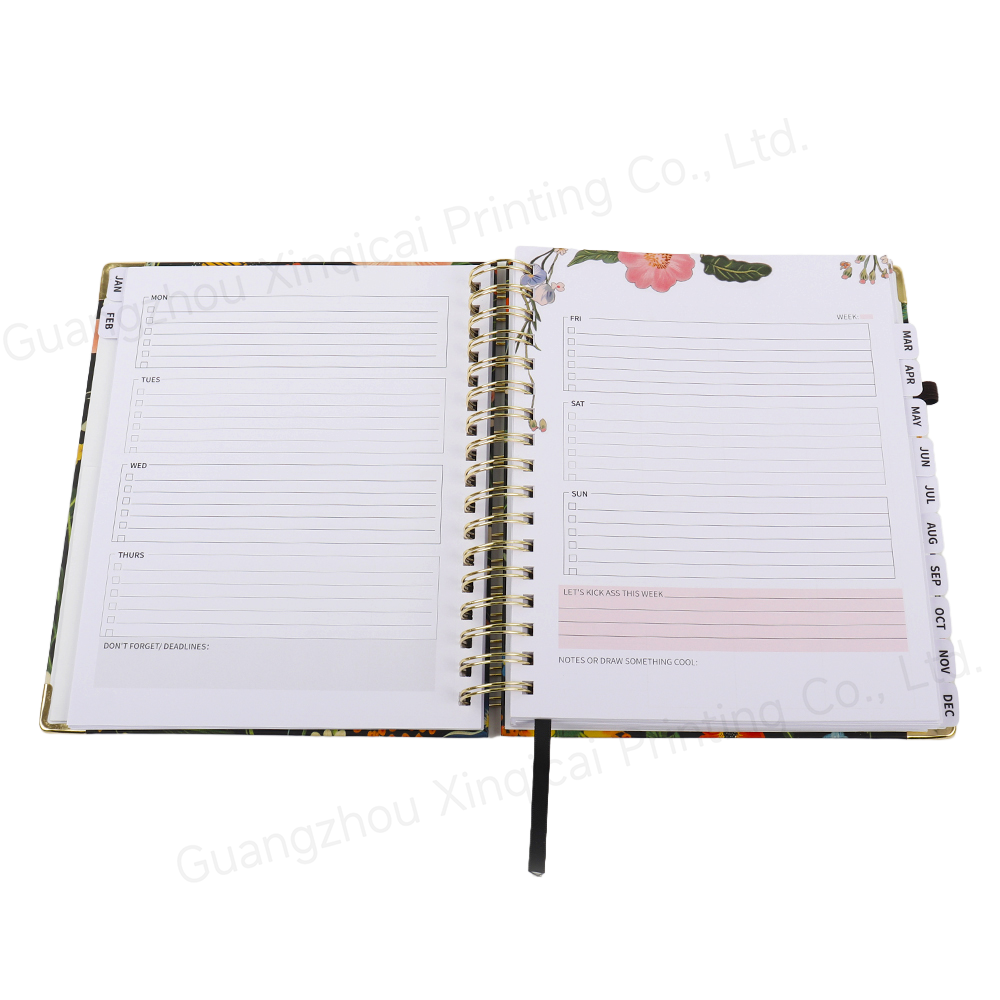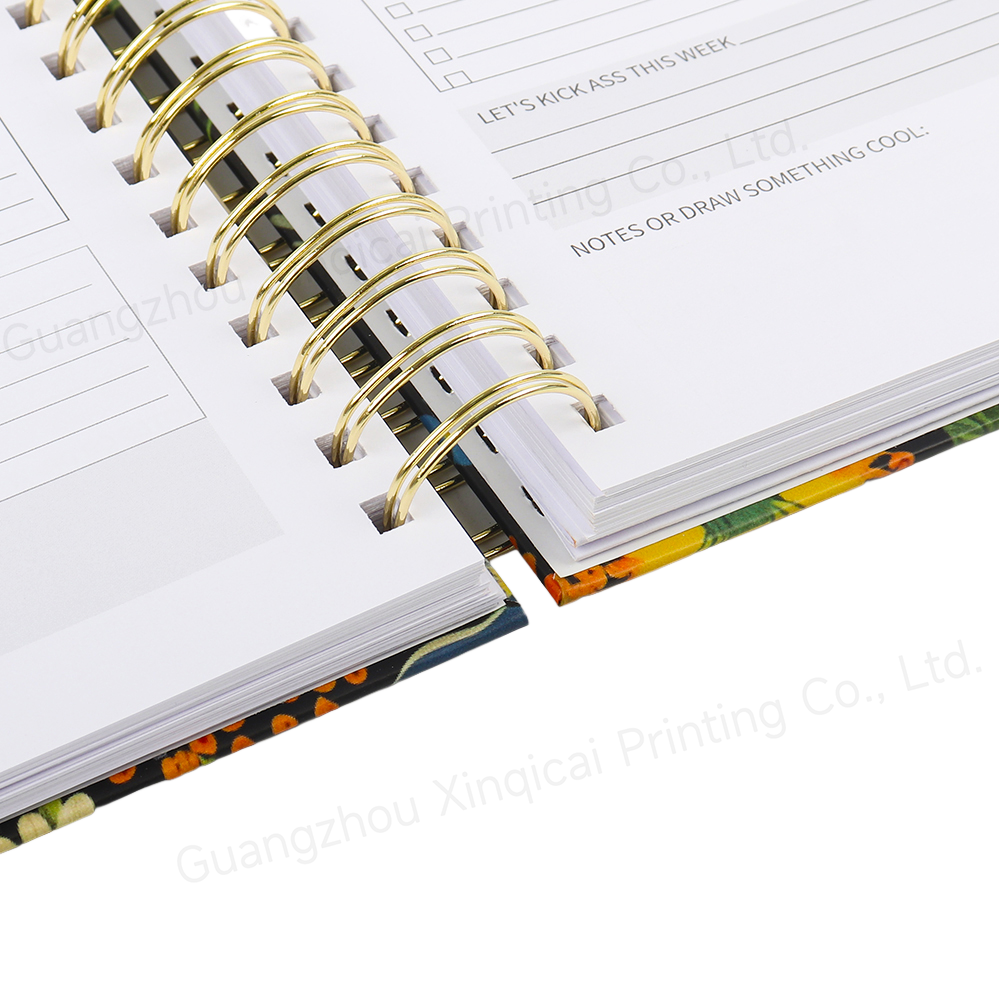Products Description

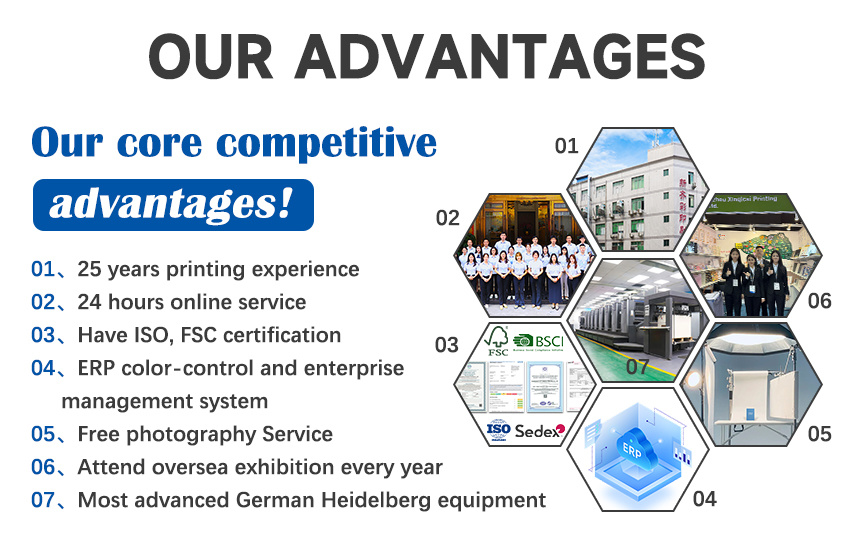
In the fast-paced world of modern life, effective time management has become essential for everyone. As a practical time management tool, a planner not only helps us organize our daily tasks but also improves work efficiency and quality of life. Whether you're a student, a professional, or a freelancer, a suitable planner can be a valuable aid in planning your life.
The core function of a planner is to help users clearly record and organize tasks. Common planners typically include annual, monthly, weekly, and daily planners, allowing users to refine their goals from a macro to a micro level. For example, an annual planner is suitable for setting long-term goals, such as a study plan or career plan; a monthly planner can be used to schedule important schedules, such as meetings, exams, or travel; and weekly and daily plans can be broken down into specific daily tasks to ensure time is allocated effectively. This structured recording method allows people to better manage their time and reduce omissions and procrastination.
Different types of planners are suitable for different use cases. For students, a planner with a class schedule and homework tracking function is particularly useful, helping them balance their studies and extracurricular activities. Professionals tend to prefer simple and efficient planners, such as timeline-style ones, which allow for precise scheduling of meetings, project progress, and to-do lists. For creative professionals, such as designers or writers, planners with blank or gridded pages may be more appealing, providing space for freehand writing and jotting down inspiration and sketches. Some planners also include habit tracking, check-in pages, or goal-setting modules to help users cultivate positive habits, such as daily reading, exercise, or early bedtimes.
When choosing a planner that's right for you, consider not only its functionality but also its design and material. Pap
